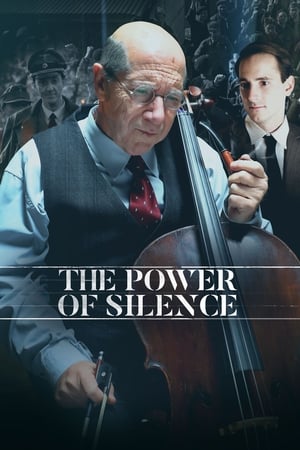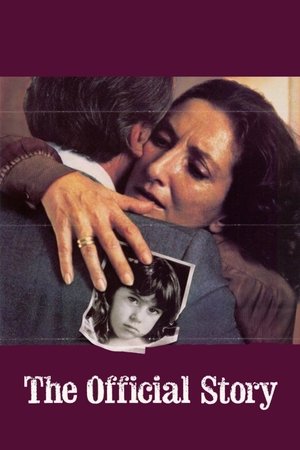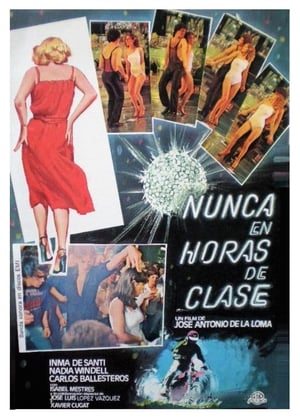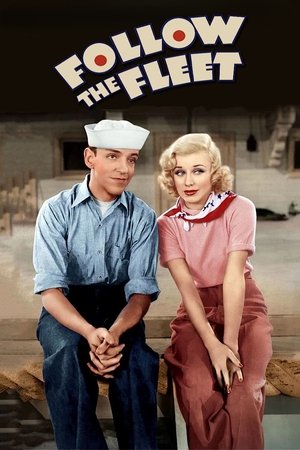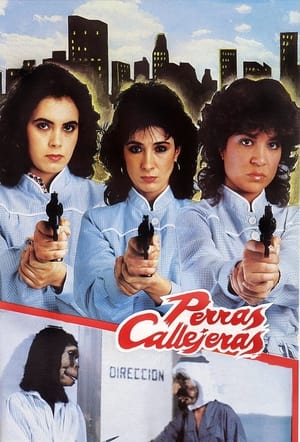Overview
During the 1980s, uptight Ted Boynton is a salesman working in the Barcelona office of a Chicago-based company. He receives an unexpected visit from his cousin Fred, a naval officer who has come to Spain on a public relations mission for a U.S. fleet. Not exactly friends in the past, Ted and Fred strike up relationships with women in the Spanish city and experience conflicts -- Ted with his employer, and Fred with the Barcelona community.
Reviews
“Do you know what Dr. Johnson said? Guests, like the fish, start to stink on the third day.”
“In fact, I think you'll find that I start to stink on the first day.”
This exchange exemplifies the good and the bad about Barcelona; it’s full of acerbic Johnsonian sarcasm beautifully channeled by Chris Eigeman, but the third act feels more like the third day, with all that this implies.
The film, about two young American cousins and their misadventures with the female fauna of the titular city, has another problem. The cousins, Fred and Ted, are skillfully and competently played by Eigeman and Taylor Nichols, respectively — Nichols's forced verbal tics only manage to make him seem like an ersatz Woody Allen (unusual for for writer/director Whit Stillman, who tends to evoke favorable comparisons to the legendary filmmaker), although he makes up for this with a scene described by Fred as “some weird religious ceremony based on Glenn Miller” — but the Barcelonans they get involved with are played by Australian, English, or American actresses; this is particularly jarring when it comes to the character played by Mira Sorvino, who is neither Spanish nor has the acting ability to pass for one.
Applying the Italian neorealist approach, literally any randomly selected passerby on a Barcelona sidewalk would have done a better job; on the other hand, it’s possible that my complaint is irrelevant, especially considering that the females in the story are practically interchangeable.
Even though he spends most of his time courting Marta (Sorvino), Fred ends up falling in love with Montserrat (Tushka Bergen); according to him, “I've seen her in all sorts of different situations and contexts” — situations and contexts that must have occurred in scenes written but not shot, or shot but ultimately cut (the script simply shrugs it off, mentioning towards the end that “We spend hours together on the phone, and she is so fascinating and charming”). Meanwhile, Ted ends up marrying Greta (Hellena Schmied), a late addition to the plot with whom Ted doesn't share much more quality time than Fred does with Montserrat.
But perhaps this is precisely the point; as Ted says, “you see a beautiful girl and immediately you’re subject to all these emotions … you haven't even talked to the girl, and you already want to get married and spend the rest of your life with her”.
He suffers from "a real 'romantic illusion' problem," and yearns, "instead of a fantasy built on the pretty slope of an eyebrow or the curve of an upper lip, to see the real person. Maybe even look into her eyes and see her soul."
In that sense, the film is a true reflection of, as Roger Ebert put it in his review, "a vast yearning which can only be filled by a girl" that most of us experience before we reach the age of reason; sadly, Fred doesn’t seem to outgrow this juvenile yearning during the course of the film, and there is no indication that his relationship with Greta is less based on ciliary sloping and/or lip curvature than on the "real person."

 100 min
100 min
 6.23
6.23
 1994
1994
 USA
USA
 tmdb28039023 wrote:
tmdb28039023 wrote:
